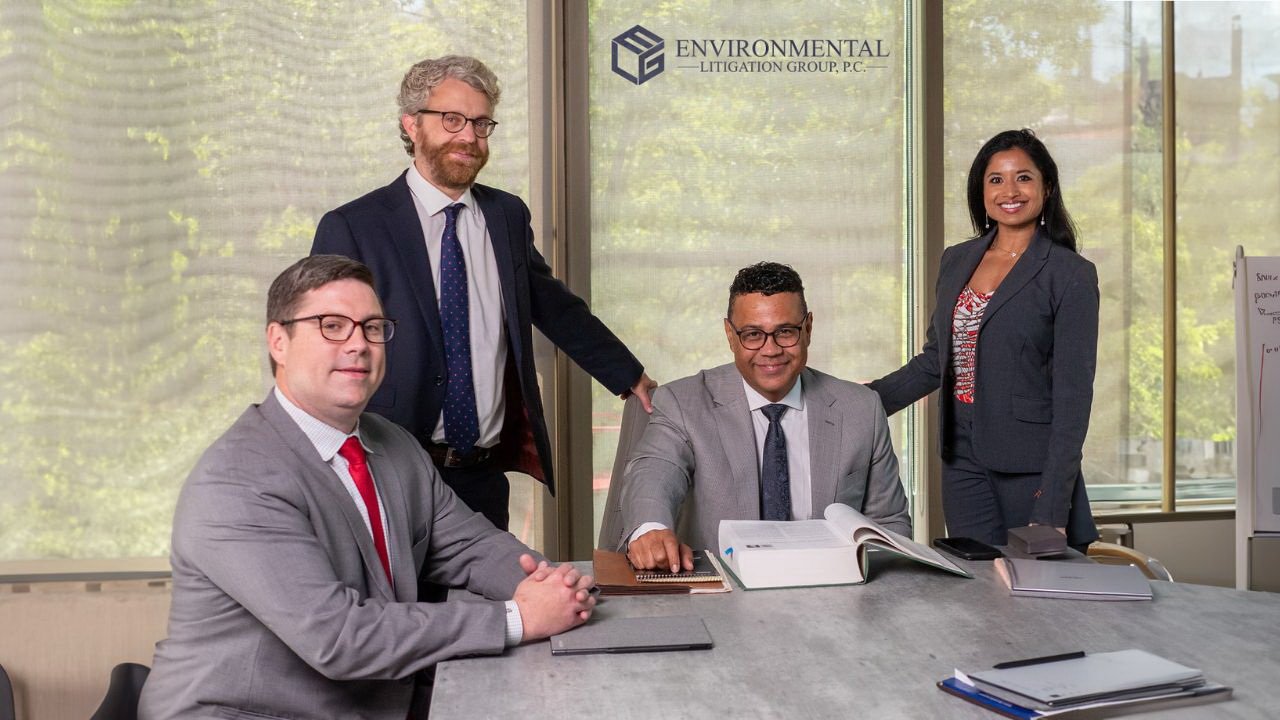Questions & answers

At our law firm, we offer you a unique level of attention. We hope that these frequently asked questions will help you understand more about the way we work and validate our passion for helping people who are going through difficult situations.
Looking for a specific question?
or Call and get an answer right away 205.328.9200